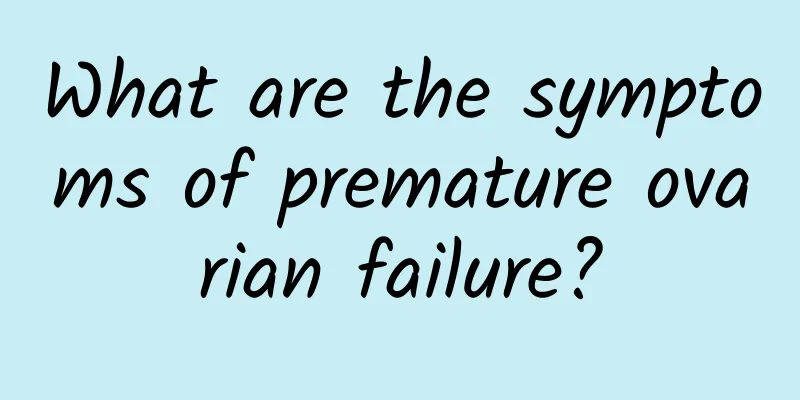Seeing is believing? Japan invented 'diet glasses' to control appetite

|
People who try to lose weight or avoid gaining weight by "eating less and exercising more" will feel hungry when seeing delicious food. Unless they have great determination and perseverance, it is easy to fail. In order to avoid the surprise and annoyance every time they stand on the scale, researchers at the University of Tokyo in Japan invented a "diet goggles" that "magnify" the food in front of them to 1.5 times, using visual illusions to reduce food intake and achieve the effect of weight loss. (Video/taken from YouTube) French newspaper Le Figaro reported on the 5th that Michitaka Hirose, a professor at the University of Tokyo in Japan, discovered that subjective visual judgment determines the amount of food eaten, and hypothesized that "manipulating vision" can achieve the effect of "suppressing/stimulating appetite". Based on this argument, he invented a pair of "diet glasses". After wearing them, the user can freely scale the food in front of them to create a false sense of fullness or hunger. The experimental results confirmed that when the biscuits were enlarged by 50%, the subjects would eat 10% less on average. Conversely, if they were reduced to only two-thirds of their original size, they would eat 15% more. Want to lose weight but keep failing? Researchers at the University of Tokyo in Japan have invented a pair of "fool's glasses" that can make you eat less unconsciously. (Photo/taken from France's "Le Figaro") Michitaka Hirose said that humans are highly dependent on their senses to form first impressions. The so-called "truth" is actually their own subjective judgment. People often "deceive themselves" without realizing it, so it is feasible to manipulate the senses through instruments. In another experiment, Hirose's research team had subjects eat a tasteless soda cracker while blindfolded. When the subjects were "tricked" by the smell of the flavor, as many as 80% of them mistakenly thought they were eating a flavored cookie. This simple experiment also proves once again that "fooling" the senses to affect appetite is not a trick to fool children. |
<<: Disney sets precedent by banning junk food ads
>>: 2 Dried Shrimp Sampled for Dragon Boat Festival Contained Excessive Bleaching Agents
Recommend
What's missing from your family treasure? Weight loss pills are great
Most families have emergency medicines for sudden...
Why do women have uterine fibroids? Which women are more likely to get uterine fibroids?
Why do women have uterine fibroids? Why do women ...
High oil and high sugar levels cause obesity, and 3 types of body types can be distinguished! Chinese medicine practitioner: Eating winter melon porridge can help people with this body type lose weight
In order to lose weight quickly, many people seek...
Explain the health care measures to prevent uterine fibroids
Uterine fibroids are the most common benign tumor...
Understand the causes of cervical erosion and take effective preventive measures
Cervical erosion is a common gynecological diseas...
How to care for ectopic pregnancy
Ectopic pregnancy is a dangerous gynecological di...
Causes of recurrent bacterial vaginosis
To understand the causes of recurrent bacterial v...
Lichen sclerosus is one of the types of vulvar leukoplakia
The main symptoms of vulvar leukoplakia are tingl...
How to tell the difference between irritable bowel syndrome and pelvic inflammatory disease?
The difference between irritable bowel syndrome a...
What is the difference between uterine cysts and fibroids? Are uterine fibroids the same as cysts?
What is the difference between uterine cysts and ...
The symptoms of cervical erosion need to be taken seriously
In recent years, with the increasing incidence of...
What is endometrial tuberculosis?
What is endometrial tuberculosis? Endometrial tub...
The consequences of improper treatment of pelvic inflammatory disease
Women who suffer from pelvic inflammatory disease...
Five-star confinement for laying hens! Can play and sharpen claws Humane breeding
According to statistics, there are currently abou...
What should we pay attention to after abortion?
After undergoing abortion, patients need to pay a...









